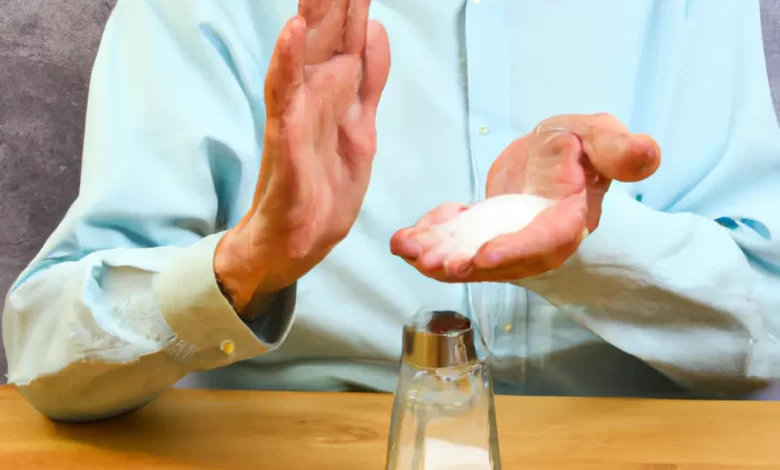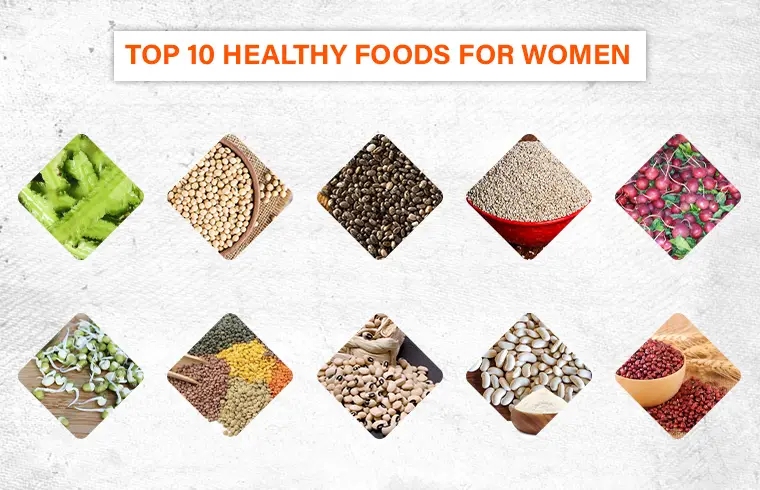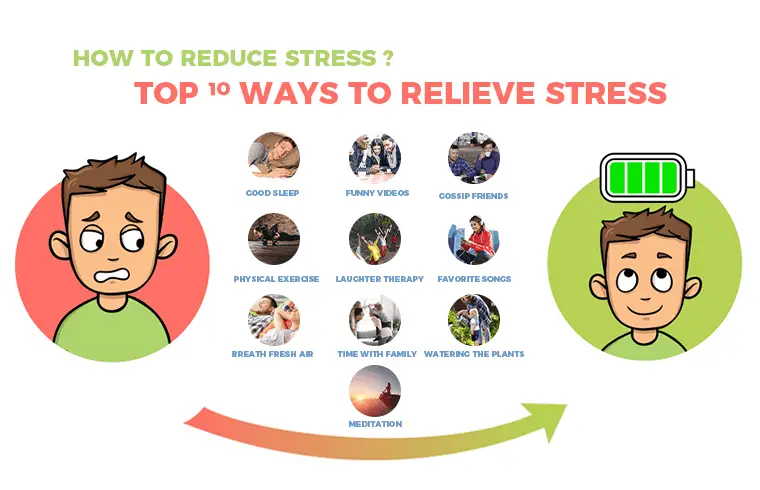
Before going to the answer of this question, “If you have High Blood Pressure, Cholesterol and Diabetes, How much Salt should you Consume?” let me explain in a very short way, What is Hyponatremia and its Symptoms? Similarly, What is Hypernatremia and its Symptoms?
What is Hyponatremia and its Symptoms
Hyponatremia is a condition in which the level of sodium in the blood is too low. Sodium is an electrolyte that helps regulate the balance of fluids in and around cells. When the level of sodium in the blood is too low, it can cause the cells in the body to swell, which can be dangerous or even life-threatening.
Symptoms of hyponatremia can vary depending on the severity and how quickly the condition develops. Some common symptoms include:
- Nausea and vomiting
- Headaches
- Confusion and disorientation
- Fatigue
- Loss of appetite
- Muscle cramps, weakness, or spasms
- Seizures
- Coma in severe cases
Symptoms can appear gradually or suddenly, depending on the cause of the condition. It’s important to note that in some cases, people with hyponatremia may not have any symptoms at all.
It’s important to seek medical attention if you suspect you may have hyponatremia, as it can be a serious condition if left untreated. Your healthcare provider will be able to diagnose and treat the condition, which may include adjusting your salt intake and other medications.
What is Hypernatremia and its Symptoms
Hypernatremia is a condition in which the level of sodium in the blood is too high. Sodium is an electrolyte that helps regulate the balance of fluids in and around cells. When the level of sodium in the blood is too high, it can cause the cells in the body to shrink, which can be dangerous or even life-threatening.
The symptoms of hypernatremia can vary depending on the severity and how quickly the condition develops. Some common symptoms include:
- Thirst
- Dry mouth
- Fatigue
- Confusion or disorientation
- Muscle weakness or cramps
- Seizures
- Coma in severe cases
Symptoms can appear gradually or suddenly, depending on the cause of the condition. It’s important to note that in some cases, people with hypernatremia may not have any symptoms at all.
Hypernatremia can be caused by a number of factors, such as excessive salt intake, dehydration, certain medications, or certain medical conditions. It’s important to seek medical attention if you suspect you may have hypernatremia, as it can be a serious condition if left untreated. Your healthcare provider will be able to diagnose and treat the condition, which may include adjusting your salt intake and other medications.
If you have High Blood Pressure, Cholesterol and Diabetes, How much Salt should you Consume?
If you have high blood pressure, cholesterol and diabetes, it is recommended that you limit your salt intake to less than 1,500 milligrams per day. This is because a diet high in salt can worsen high blood pressure, which can lead to an increased risk of heart disease and stroke. It is also important to note that people with diabetes are at a higher risk of developing heart disease, and controlling salt intake can help reduce this risk. Additionally, it is important to work with a healthcare provider to manage these conditions and make an appropriate plan for dietary salt intake.
Risks, if Taken more than 1500 mg per Day?
Consuming more than the recommended 1,500 milligrams of salt per day can lead to a number of health problems. Here are a few examples:
- High blood pressure: Salt can cause the body to retain fluid, which in turn can increase blood pressure. High blood pressure is a major risk factor for heart disease and stroke.
- Kidney disease: Consuming too much salt can put added stress on the kidneys, which can lead to kidney disease over time.
- Stomach cancer: Some studies have suggested that consuming a diet high in salt may increase the risk of stomach cancer.
- Osteoporosis: Consuming too much salt can lead to the loss of calcium from the bones, which can increase the risk of osteoporosis.
- Weight gain: Consuming a diet high in salt can lead to weight gain, as it can cause the body to retain fluid.
It’s also worth mentioning that consuming high amounts of salt can lead to an increased risk of heart disease and stroke, especially for people who already have high blood pressure, diabetes, or kidney disease.
It’s always a good idea to work with a healthcare provider to determine the appropriate amount of salt for your individual needs, taking into consideration the health conditions you have.
Would you like to read Best Heart Healthy Diet You must Know to Avoid Cardiac Diseases
What is the connection between blood pressure and sugar?
There is a connection between blood pressure and sugar, specifically with high blood sugar levels, also known as hyperglycemia, which is a common complication of diabetes.
When blood sugar levels are consistently high, it can cause damage to the blood vessels and nerves which can lead to high blood pressure. High blood pressure, in turn, can further damage the blood vessels and increase the risk of serious complications such as heart disease, stroke, and kidney disease.
Additionally, high blood pressure and diabetes are closely related. People with diabetes are at an increased risk of developing high blood pressure, and high blood pressure can make it more difficult to control blood sugar levels. This is due to the fact that high blood pressure can cause damage to the blood vessels and nerves which is one of the main complication of diabetes.
It’s important for people with diabetes to closely monitor their blood pressure and blood sugar levels and work with a healthcare provider to manage both conditions. This can include making lifestyle changes such as eating a healthy diet, getting regular physical activity, and maintaining a healthy weight, as well as taking medications as prescribed.
Does sugar raise blood pressure quickly?
Consuming high amounts of sugar does not typically cause a rapid increase in blood pressure. However, consuming a diet high in sugar over time can contribute to the development of high blood pressure, also known as hypertension.
Elevated blood sugar levels can cause damage to the blood vessels and nerves over time, which can contribute to hypertension. In addition, people who consume a diet high in sugar may also be at a higher risk of obesity and diabetes, both of which are risk factors for high blood pressure.
It’s important to note that sugar can also contribute to high blood pressure indirectly by causing weight gain, which is one of the major risk factors for hypertension.
It’s always a good idea to limit your sugar intake and to follow a healthy and balanced diet. Additionally, maintaining a healthy weight, getting regular physical activity, and not smoking are all important ways to help prevent high blood pressure.
What are Normal BP and sugar level?
Normal blood pressure is generally considered to be a systolic pressure (the top number) of less than 120 mmHg and a diastolic pressure (the bottom number) of less than 80 mmHg. This is often written as “120/80 mmHg” or simply “120/80”.
Normal blood sugar levels depend on the context of the measurement. In general, a normal fasting blood sugar level (measured after at least 8 hours of fasting) is between 70 to 100 milligrams per deciliter (mg/dL). However, it can vary depending on the person, the time of day, and the method used to measure blood sugar.
It’s important to note that a single measurement of blood pressure or blood sugar does not provide a complete picture of a person’s overall health. It’s important to have regular check-ups with a healthcare provider and to monitor blood pressure and blood sugar levels over time to get a more accurate picture of overall health.
Additionally, normal blood pressure and blood sugar levels can vary depending on factors such as age, sex, and overall health, and it’s important to work with a healthcare provider to determine what is normal for you specifically.
How to lower high blood pressure and sugar?
There are several ways to lower high blood pressure and high blood sugar levels. Here are a few strategies that may be effective:
- Lifestyle changes: Making lifestyle changes such as eating a healthy diet, getting regular physical activity, maintaining a healthy weight, and not smoking can help lower blood pressure and blood sugar levels.
- Diet: A diet that is low in salt, fat, and added sugars can help lower blood pressure and blood sugar levels. Eating more fruits, vegetables, whole grains, and lean protein can also be beneficial.
- Medication: If lifestyle changes alone are not enough to lower blood pressure or blood sugar levels, medication may be prescribed. There are several types of medications that can be used to lower blood pressure or blood sugar levels, including diuretics, beta blockers, ACE inhibitors, and more.
- Monitoring: Keeping track of blood pressure and blood sugar levels regularly and sharing the results with a healthcare provider can help ensure that treatment is effective.
- Stress management: Stress can cause an increase in blood pressure and glucose levels, so it’s important to find ways to manage stress such as yoga, meditation, exercise, or other relaxation techniques.
It’s important to work closely with a healthcare provider to develop an individualized plan to lower high blood pressure and high blood sugar levels. The treatment plan will depend on the person, the cause of the high blood pressure or high blood sugar, and the severity of the condition.
Does Quitting sugar lower blood pressure?
Quitting sugar can help lower blood pressure, as consuming a diet high in sugar over time can contribute to the development of high blood pressure, also known as hypertension.
Elevated blood sugar levels can cause damage to the blood vessels and nerves over time, which can contribute to hypertension. In addition, people who consume a diet high in sugar may also be at a higher risk of obesity and diabetes, both of which are risk factors for high blood pressure. By quitting sugar, you can help lower your risk of these conditions and improve your blood pressure.
Reducing sugar intake can also lead to weight loss, which can help lower blood pressure. When you consume less sugar, you tend to consume fewer calories overall which can lead to weight loss, and a decrease in weight can lead to a decrease in blood pressure.
It’s always a good idea to limit your sugar intake and to follow a healthy and balanced diet. Additionally, maintaining a healthy weight, getting regular physical activity, and not smoking are all important ways to help prevent high blood pressure.
It’s also important to consult with your healthcare provider before making any drastic changes to your diet, as they can help you develop an individualized plan that’s appropriate for you and your needs.
How to cure high blood pressure in 3 minutes?
It’s important to note that high blood pressure, also known as hypertension, is a chronic condition that cannot be cured in a short period of time, such as 3 minutes. It is a condition that typically develops over time and requires ongoing management to keep it under control.
There are some techniques that can help to lower blood pressure temporarily, but these should not be considered a cure for hypertension. Here are a few examples of techniques that may help to lower blood pressure quickly:
- Relaxation techniques: Techniques such as deep breathing, progressive muscle relaxation, or meditation can help to relax the body and lower blood pressure.
- Cold shower: Taking a cold shower for a few minutes can help to lower blood pressure temporarily by causing the blood vessels to constrict.
- Yoga and stretching: Yoga and stretching can help to relax the body and lower blood pressure.
It’s important to remember that these techniques can help to lower blood pressure temporarily, but they are not a substitute for ongoing management of hypertension. It’s important to work with a healthcare provider to develop an individualized plan to manage hypertension over the long-term, which may include lifestyle changes, medication, and regular monitoring.





